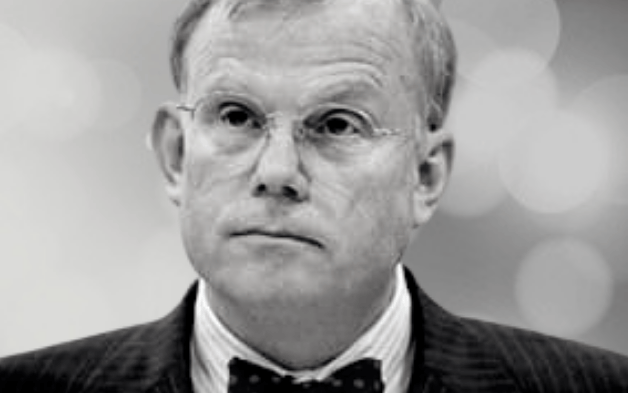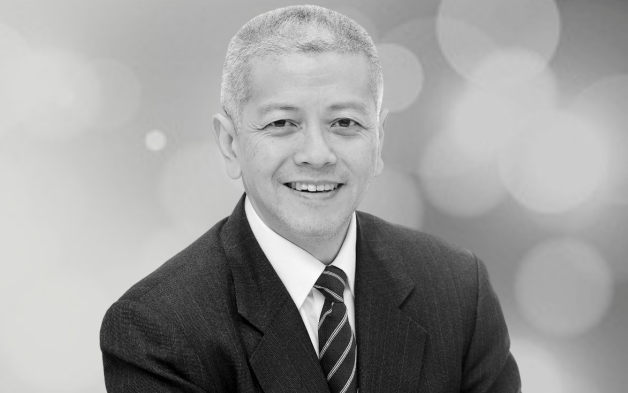In this Fiduciary Investors Series podcast Amanda White talks to Ash Williams, the executive director and chief investment officer of the Florida State Board of Administration about managing a large institutional portfolio in a time of crisis.
Drawing on his decades of investment experience, which included returning to SBA in October 2008, Williams discusses the investment opportunities in the past six months including the move to more active management in equities, and a larger allocation to distressed.
Williams says the most important thing in a crisis is to position your portfolio for liquidity requirements, with liquidity the only difference between “being a predator and prey”.
About Ash Williams
Ash Williams has earned a reputation for being able to head into the stormiest of investment markets and still show positive returns that outperform benchmarks and impress colleagues.
As executive director and chief investment officer for the Florida State Board of Administration, Williams is responsible for managing approximately $200 billion in assets, including those of the Florida Retirement System, the fifth largest public pension fund in the United States. The fund provides retirement benefits to more than 900,000 current and former public employees.Williams also chairs the Managed Funds Association’s Institutional Investor Advisory Council, the Alternative Investor Forum’s Investor Board and the Council of Institutional Investors’ Board of Directors. He is a member of the National Institute for Public Finance Board of Trustees and the Florida State University Foundation Board of Trustees.Additionally, he serves on investment committees for the Episcopal Diocese of Florida, the Community Foundation of North Florida and the Institute of Electrical and Electronic Engineers. He also is an advisory board member for the Robert Toigo Foundation and Fidelity Institutional Asset Management.Williams is the 2017 recipient of Chief Investment Officer’s Lifetime Achievement Award and a 2017 recipient of the FSU Faculty Senate Mores Torch Award, recognizing respect for FSU’s customs, character and tradition.Prior to joining the SBA, Williams was a managing director at Fir Tree Partners and president and chief executive officer of Schroders, both investment firms based in New York City. Williams previously served the SBA as executive director from 1991 to 1996 and in senior management positions in Florida’s executive and legislative branches.Williams received his bachelor’s degree in management and a Master of Business Administration (MBA) from Florida State and completed post-graduate programs at University of Pennsylvania’s Wharton School and Harvard University’s John F. Kennedy School of Government.
About Amanda White
Amanda White is responsible for the content across all Conexus Financial’s institutional media and events. In addition to being the editor of Top1000funds.com, she is responsible for directing the global bi-annual Fiduciary Investors Symposium which challenges global investors on investment best practice and aims to place the responsibilities of investors in wider societal, and political contexts. She holds a Bachelor of Economics and a Masters of Art in Journalism and has been an investment journalist for more than 25 years. She is currently a fellow in the Finance Leaders Fellowship at the Aspen Institute. The two-year program seeks to develop the next generation of responsible, community-spirited leaders in the global finance industry.
What is the Fiduciary Investors series?
The much-loved events, the Fiduciary Investors Symposiums, act as an advocate for fiduciary capitalism and the power of asset owners to change the nature of the investment industry, including addressing principal/agent and fee problems, stabilising financial markets, and directing capital for the betterment of society and the environment. Like the event series, the podcast series, tackles the challenges long-term investors face in an environment of disruption, and asks investors to think differently about how they make decisions and allocate capital.




